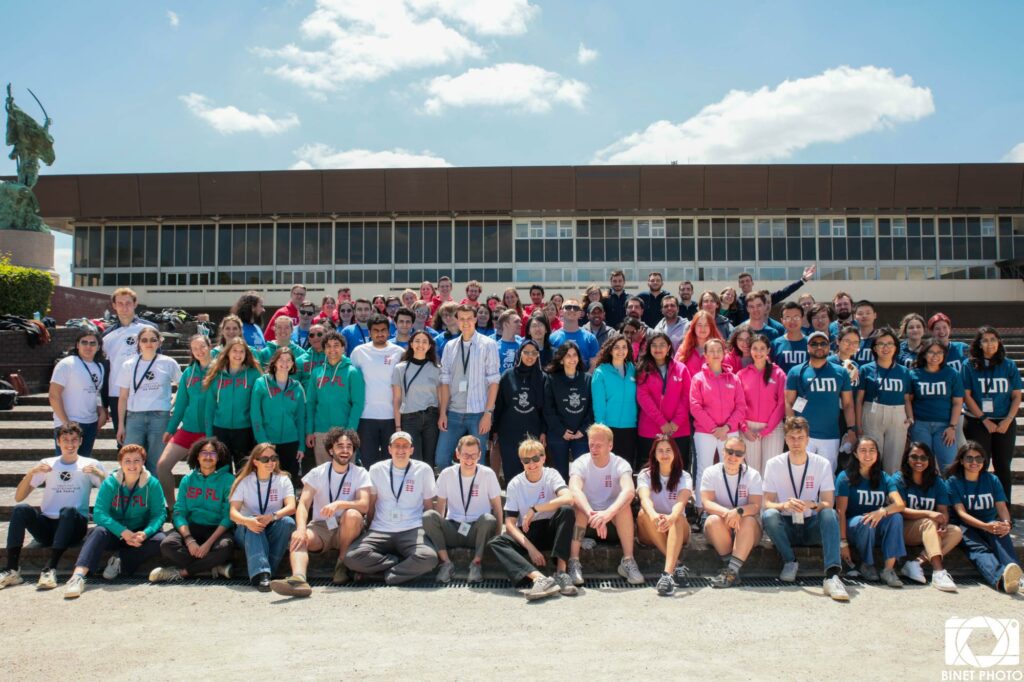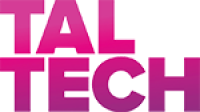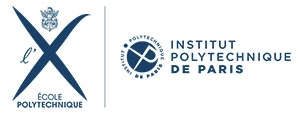Tackling challenges head on, small steps to make a big impact
Challenges are at the core of the Collider process. The need to find solutions that will make an impact guide learners to focus their energy and effort towards the common goal. The teams explore different aspects of the challenge, develop solutions towards a desirable future, test and validate ideas and create prototypes of their solution.
The Challenge Based Learning format enables active, authentic and an integrative experience for all stakeholders, be it students and other learners, mentors or collaborators. Each Collider is driven by the ambition to stimulate inclusion, diversity and creativity across all stakeholders.
University representatives reach out to organizations to be part of the Collider as Challenge Collaborators. These organizations can be big or small and may include for profit, non-profit and governmental organizations. Together they check on possibilities to develop concrete challenges that the students could work on. Since each University conducts the Collider locally, the Challenge Collaborators are usually from their respective ecosystems.
Challenge Collaborators have the unique opportunity to be part of a highly creative development process that offers immense benefits including:
- Ability to bring new concepts and solutions from vision to reality quickly and efficiently.
- An external boost that significantly strengthens the innovation capacity of their organization in a safe, fun, and fast-paced environment.
- Opportunity to engage with talented students who can be a valuable source of knowledge and inspiration.
- Exposure within the ecosystem of the EuroTeQ Engineering University and the chance to contribute to shaping the future of European Engineering.

University
Challenges
Winners and project description

- Warm technology for people with Dementia
__________________ - Unite with light
__________________ - Breaking international barriers for rail transport
- PastEcho
__________________
- Bright Bytes
__________________ - ChooChooCheap

- Digital Ear – An automated anomaly detection in brewing machinery
_________________ - Digital Ear – An automated anomaly detection in brewing machinery
_________________ - Automatic data creation from written and audio sources II

- Circularity Among Students
______________ - Smart Grazing: How to make livestock production sustainable?
______________ - Design a ‘Digital Product Passport’ for Small and Medium-Sized Enterprises
- Circularity Hub
______________ - FarmElf
______________ - SME Trace

- Make the most of every piece of urban greenery
_______________ - On a mission to prevent maternal mortality!
_______________ - Creation of setup for enabling bio-tribo-corrosion testing
- Antscape
_______________ - UTER
_______________ - Bio-Tribo-Corrosion

- Towards Sustainable Solutions in Electronics
______________ - Sustainability in the fashion industry
_____________ - Elevating Health and Ecology
- Ahead of new
____________
- MycelTex
____________
- WeScreen

- Enhanced and innovative approach to waste collection processes
________________ - Tackling the challenges posed by carbon emission to make a positive impact towards climate change
- ReButtufiers
_______________
- Energonomia
